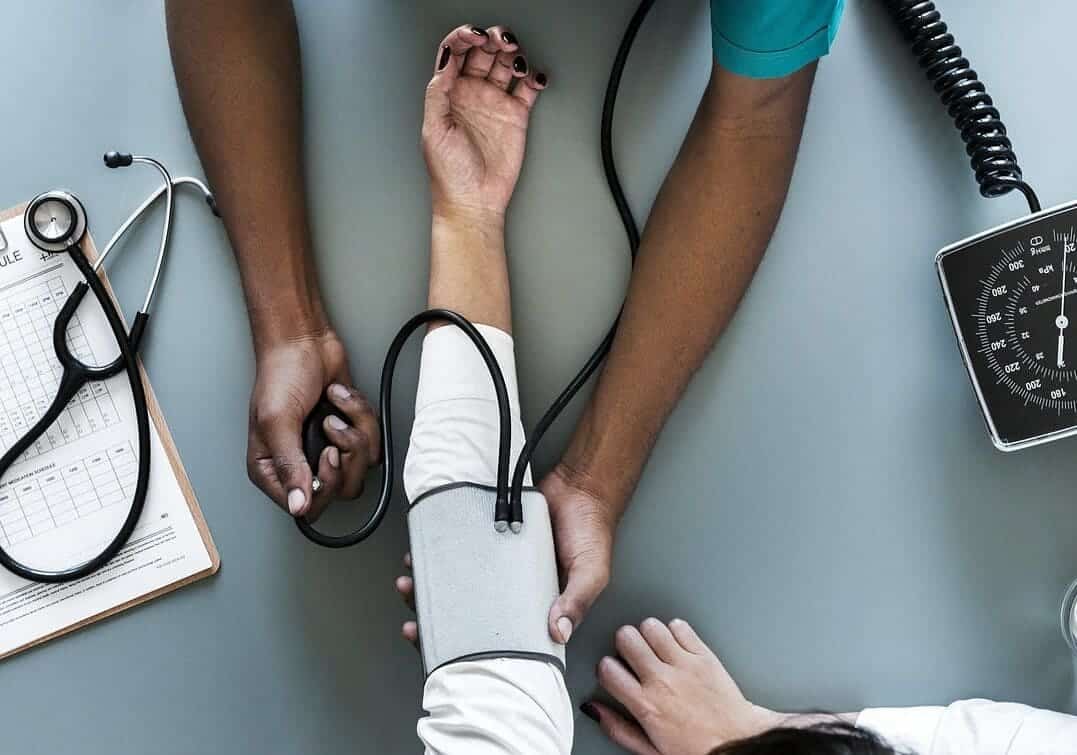Beyond the allure of white sand beaches, warm weather, and a laid-back island vibe, safety is a key priority for many travelers visiting the Caribbean. With the diverse range of Caribbean nations and territories, safety levels, from common hazards to potential for armed robbery, can differ significantly. This leads many travelers to ask, ‘Is St. Kitts safe?’ when considering visiting St. Kitts and Nevis.
St. Kitts. Safety Overview

St. Kitts and Nevis citizens are known for their hospitality. They often greet tourists and Americans living in St. Kitts and Nevis warmly and offer respectful, helpful advice when approached.
As part of the Eastern Caribbean, St. Kitts is vulnerable to hurricanes during the rainy season from June to November. Visitors are advised to stay updated on weather conditions and be prepared with emergency plans.
Crime and safety comparison with other Caribbean nations
The Numbeo crime index evaluates crime rates and safety, where a high crime index indicates significant crime levels, and a high safety index reflects strong safety conditions.
Country | Crime Index | Safety Index |
St. Kitts and Nevis | 40.02 | 59.98 |
Barbados | 47.13 | 52.87 |
Cuba | 33.98 | 66.02 |
Dominican Republic | 60.66 | 39.34 |
Haiti | 78.93 | 21.07 |
Jamaica | 67.25 | 32.75 |
Puerto Rico | 61.88 | 38.12 |
Data Source: Numbeo | ||
Is St. Kitts safe for Americans?
Travel advisories from travel.state.gov and cia.gov typically classify St. Kitts and Nevis as a safe travel destination for US citizens. Travel advisories are categorized into four levels:
- Exercise normal precautions
- Exercise increased caution
- Reconsider travel
- Do not travel
The US government considers St. Kitts and Nevis a safe destination, with a travel advisory level of ‘exercise normal precautions.’ The US State Department advises Americans to exercise normal precautions, which includes obtaining travel insurance and maintaining general safety measures, such as staying alert, choosing licensed taxis, and steering clear of areas known for crime or drug activity.
Driving in St. Kitts
Public transportation is limited in St. Kitts and Nevis, and most US visitors opt for private transfers or local taxis. If you are renting a car, you should know that in St. Kitts, you drive on the left side of the road. UK and European citizens generally have insurance included in the cost of the car rental. US and Canadian citizens usually need additional insurance as it’s not included in their rental agreement.
US drivers should also learn the local driving habits, road signs, and traffic laws to minimize the risk of accidents and encounters with the police. Americans need to apply for an International Driver’s Permit (IDP) to drive legally in St. Kitts and Nevis during their stay.
US drivers should be aware of the risks of driving in small Caribbean islands and cities, such as encountering wildlife, narrow or poorly maintained roads, especially in rural areas, and limited lighting at night. Drivers should keep car doors locked at all times, including while driving.
St. Kitts Vaccine Considerations

- Hepatitis A
- Hepatitis B
- Typhoid
- Rabies
- Meningitis
- Polio
- Measles
- Mumps
- Rubella (MMR)
- Tdap (tetanus, diphtheria and pertussis)
- Chickenpox
- Shingles
While the yellow fever vaccine isn’t required for entry into St. Kitts, travelers arriving from a yellow fever risk area within the past six weeks must provide a vaccination certificate obtained at least ten days prior to arrival.
St. Kitts Safety at Night
St. Kitts is generally safe for walking at night, but as with any place, it’s always good to be aware and cautious, especially after dark. It’s best to stick to well-lit and populated areas to avoid contact with dangerous people or attacks. Night safety in St. Kitts is high in the best cities to live in St Kitts, like Basseterre, Charlestown, and Sandy Point Town, which are safe due to their strong police presence at night and facilities for night-time activities.
Frequently Asked Questions about Safety in St. Kitts and Nevis
Are tourists safe in St. Kitts?
St. Kitts is one of the Caribbean’s safest islands with many options for air travel to the country. Besides pickpocketing and petty theft, serious crimes such as armed robbery and sexual assault are very uncommon. However, travelers should exercise caution at all times.
Regarding outdoor activities, beaches in St. Kitts are generally safe for swimming and snorkeling. However, not all beaches are ideal for visitors. For example, Non Friars Bay beach is not recommended due to the lack of facilities and access and deceptively strong currents and waves.
What is the crime rate in St. Kitts?
Based on the Numbeo Crime Index, St. Kitts scored 40.02, indicating a lower crime rate than other popular Caribbean destinations like the Dominican Republic, Jamaica, the Bahamas, and Puerto Rico.
Is it safe to walk in St. Kitts?
St. Kitts is generally safe to walk, whether night or day, particularly in locations with the best things to do in St Kitts and Nevis. Nevertheless, like most places, tourists should pay attention to their surroundings and observe typical warning flags. Visitors are advised to stick to populated areas and leave valuables and large amounts of cash at accommodations.
Can you drink tap water in St. Kitts?
Even though tap water in St. Kitts is typically chlorinated and safe to drink, it is recommended to use bottled or filtered water to prevent potential stomach discomfort or reactions to unfamiliar water and its contaminants.
What to avoid in St. Kitts?
Despite St. Kitts and Nevis’ reputation as a safe destination, visitors should still be cautious and avoid:
- Isolated areas and beaches
- Unlicensed taxis services
- Carrying valuables like a passport or an expensive watch
- Illegal drug use
Why can't you wear camouflage in St. Kitts?
Don’t bring camouflage clothing to St. Kitts and Nevis; it’s not allowed as it’s associated with military uniforms.
When not to go to St. Kitts and Nevis?
St. Kitts and Nevis is lovely all year round, but September to November is the wettest period and prone to natural disasters (Caribbean hurricane season).
Budget travelers or those who want to avoid the holiday season should visit St. Kitts outside of mid-June to mid-August and Christmas when numbers and prices are higher.
Is Saint Kitts safe for retirees?
Retirees are generally safe in St. Kitts. In fact, many Americans choose obtain a St Kitts and Nevis passport and move to there permanently. However, they should not carry large amounts of cash, walk alone in isolated areas at night, or use illegal drugs.
Is there sharks in St. Kitts and Nevis?
Common shark species in St. Kitts include Caribbean reef sharks, black-tip reef sharks, and nurse sharks, though hammerheads, tiger sharks, and bull sharks are sometimes spotted as well.
Are there risks of using ATMs in St. Kitts
Due to widespread ATM fraud, visitors should use ATMs located in banks in St Kitts and Nevis or other secure, monitored locations in St. Kitts. Carrying a small amount of Eastern Caribbean Dollars for daily expenses will minimize the need to use the ATM and reduce the risk of fraud.

 Gizane Campos
Gizane Campos


